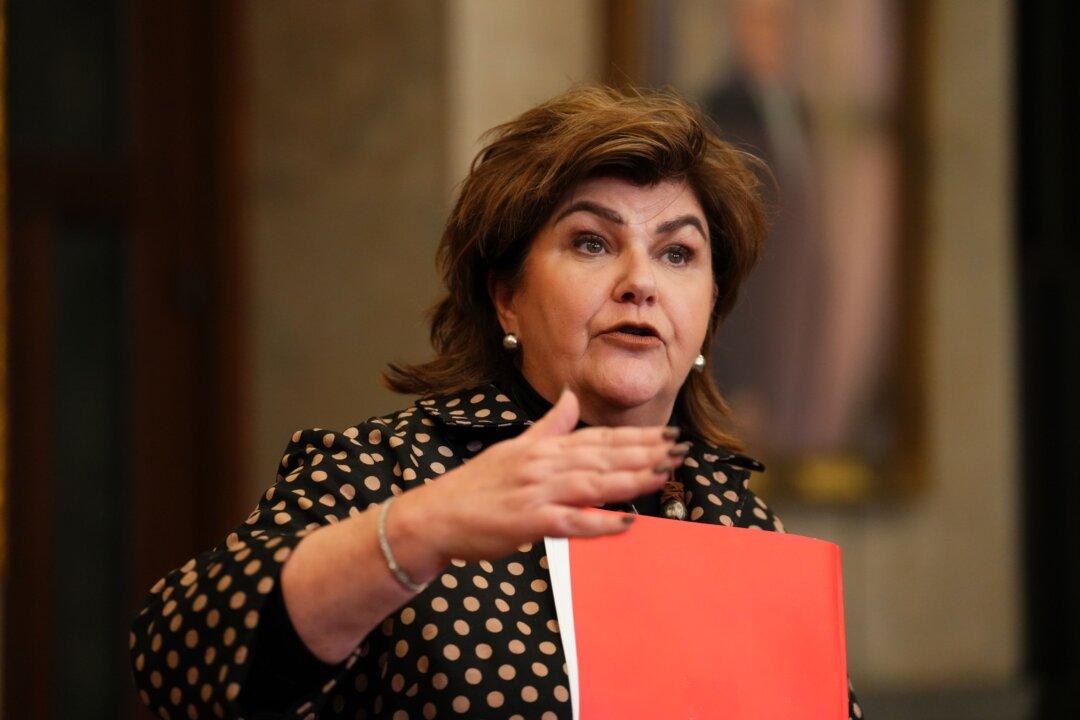The Alberta government is introducing legislation that would force the provincial government, current and future, to hold a referendum before personal and corporate income tax rates could be increased.
The proposed legislation is among the priorities announced in the government’s throne speech delivered by Lt.-Gov Salma Lakhani on Oct. 30.





